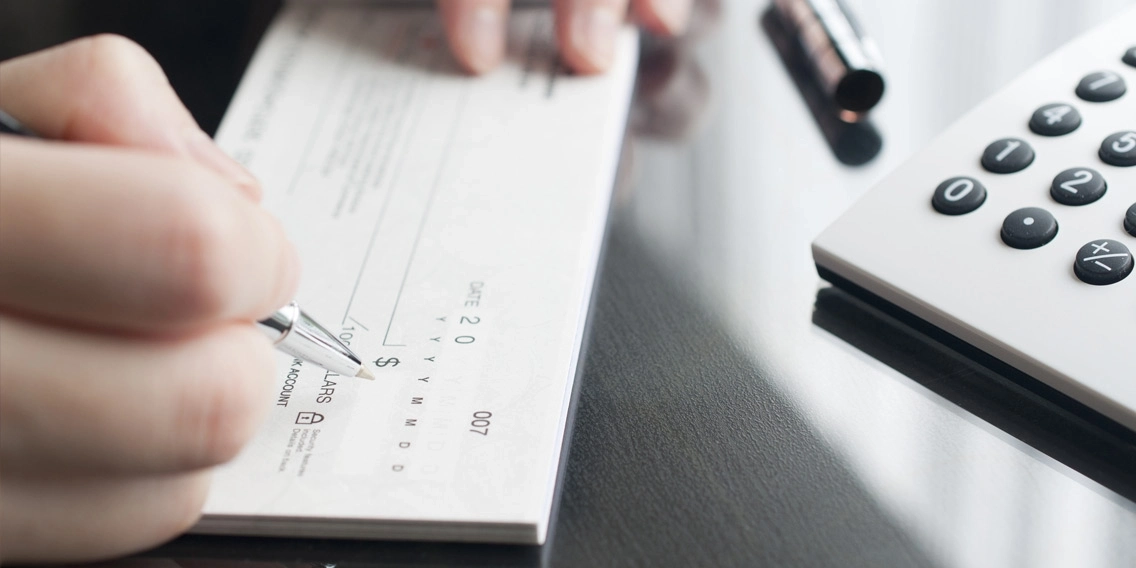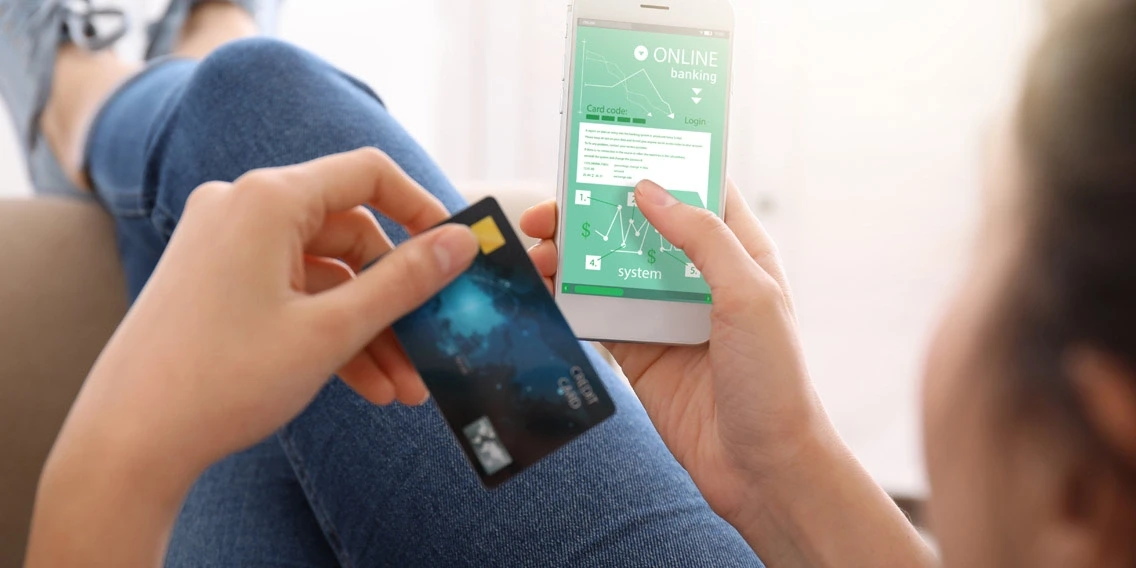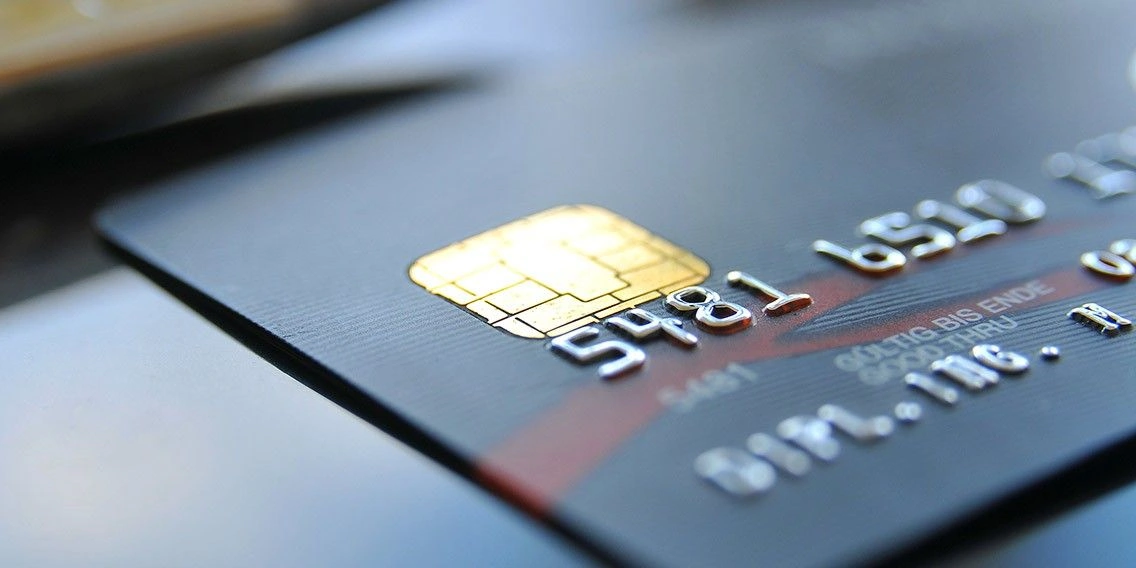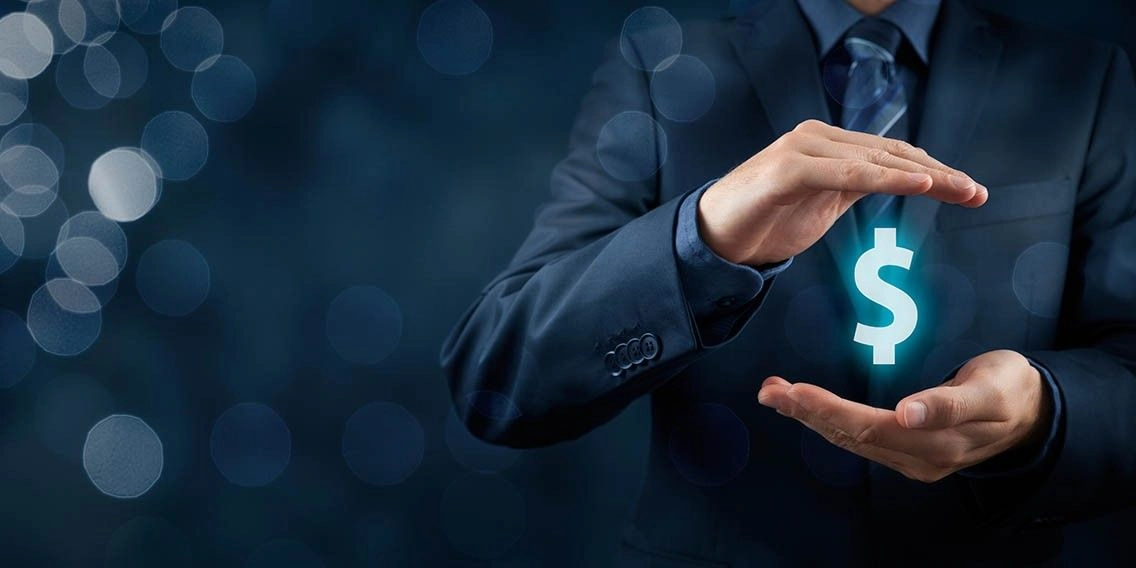Checkings/Savings
What Happens if You Overdraw Your Checking Account?
EXPECTED READ TIME:7 minutes
Overdrafts happen easily enough — maybe you forgot about that bill on autopay or you’ve had more activity on your account than usual (common around the holidays or on vacation).
However, overdrafts carry serious consequences, and routinely overdrawing your account can indicate problems. It can also be costly, incurring fees and even impacting your credit score. Thankfully, there are ways you can prevent overdrafts.
What Is an Overdraft Fee?
Financial institutions charge a fee when a transaction exceeds the balance in your checking account. For instance, if you have $35 in checking but your groceries cost $50, then you will overdraw your account and face overdraft fees.
The amount you’ll be charged for an overdraft depends on the terms of your financial institution and the type of overdraft that occurred. Most banks or credit unions will charge you a fee each time an overdraft occurs on your account, and some charge additional related fees, too, but every institution is different.
Make it a rule to get familiar with your financial institution’s specific overdraft policies.
When opening a new account, make it a rule to get familiar with your financial institution’s specific overdraft policies, including what kind of fees they charge, how much those fees are, and at what point you’ll be charged. If you already have an account, but you don’t know the policy, now is a good time to look into that.
Here are the three main types of overdraft fee:
Overdraft Protection Fee
Many banks and credit unions allow their members to set up a form of overdraft protection where money from another account, usually a savings account, is drawn to cover the transaction. Not all banking institutions charge money for this service, but they often do. If you see a charge like this, you may be able to get it waived, depending on how often you overdraw your account.
Extended Overdraft Fee
Another common fee is an extended overdraft fee, which is charged if your account remains overdrawn for five or more days. Any time you overdraw your account, it’s very important to pay the overdraft and any overdraft fees quickly so they do not add up.
Non-Sufficient Funds Fee
If you don’t opt into overdraft protection and overdraw your account, your bank or credit union will reject the transaction. They may also charge you a non-sufficient funds fee for each transaction they have to reject.
Banking institutions can charge either an overdraft or a non-sufficient funds fee, but not both. Which fee they’ll charge depends on whether you have opted in to overdraft protection.
What Is Overdraft Protection?
Many financial institutions offer members an optional backup plan in case of overdraft. These plans are known as overdraft coverage or overdraft protection. If a customer has opted in to one of these programs and then overdraws their account, their bank or credit union will approve the transaction. While this can be more convenient for customers, it can also be expensive due to associated fees.
Many financial institutions offer members an optional backup plan in case of overdraft.
Overdraft Coverage
With overdraft coverage, your bank or credit union will cover an overdraft transaction for you. You can think of overdraft coverage as a tiny, on-the-spot loan for that specific transaction.
This protection does allow you to finish your transaction before dealing with your overdraft, which can be appealing. However, fees for overdraft coverage tend to be high. And because many banks and credit unions will cover multiple transactions after your account is overdrawn — and charge you each time they cover a transaction — you can dig yourself into a deep hole quickly.
Overdraft Protection
Overdraft protection is similar to overdraft coverage except instead of your financial institution fronting you the money for an overdrawn transaction, they take money from another of your accounts to cover it. For instance, if you overdraw your checking account, they might automatically pay the charge from your savings account or credit card, depending on how you have it set up.
If the transaction is paid with your credit card then it may be processed as a cash advance.
Even though you’re covering the transaction with your own money, some financial institutions will still charge a special transfer fee. These fees are usually lower than the fees for overdraft coverage. Keep in mind, if the transaction is paid with your credit card then it may be processed as a cash advance, which carries an additional fee.
What to Do if You Overdraw Your Checking Account
There are multiple steps you can take if you overdraw your account. Make sure you act quickly so you can prevent as many fees as possible.
Stop Making Purchases
Most financial institutions charge members for each transaction that overdraws an account. You may also be charged for each day your account is overdrawn. If you keep spending, you’re only making your overdraft more expensive while also making it harder to restore a positive checking account balance.
Establish a Positive Balance
If you can, transfer money between accounts or make a deposit to bring your account back to a positive balance. Many financial institutions charge members for each day their account is overdrawn, plus you don’t want to risk more transactions going through and further overdrawing your account.
Contact Your Bank or Credit Union
Sometimes financial institutions will negotiate with you, especially if this is your first overdraft. But it’s your responsibility to reach out to them and ask if they will work with you. Here’s what to do when you contact your bank or credit union:
- Stay calm. Financial problems are some of the most stressful problems we experience. Even if we know they’re temporary, they can make us feel fearful, angry, or embarrassed. Remain calm and polite when you contact your bank or credit union. You’re more likely to get positive results if you can explain your situation clearly and remain respectful.
- Ask to waive the fee. Some institutions will waive your first overdraft if you call their member service line. This is especially true if this is your first overdraft and you’re otherwise in good standing. And don’t be discouraged if the representative tries to deny your request at first — usually if you state your case a couple different ways they eventually come around. That said, if you’re a repeat offender, you may have to take what you can get.
- Set up a payment plan. Banks and credit unions are not obligated to waive overdraft fees, and sometimes they will refuse to do so. If this happens and you cannot afford to pay the fees, ask them to establish a payment plan for you.
How to Avoid Overdraft Fees
There are steps you can take to prevent overdrafts. Many of these steps are good habits for managing your finances even if you’ve never had an overdraft before, and mobile banking makes them easy to set up.
Opt Out of Overdraft Protection
If your bank charges for overdraft protection, consider opting out. If your account is overdrawn because can’t managing your expenses, then the fees you’ll pay with overdraft protection will only make it harder to get back on your feet. Even if your overdraft is a one-time mistake, there’s no reason to pay more fees than necessary.
Some institutions will waive your first overdraft if you call their customer service line.
Set Up a Budget and Track Your Expenses
The best way to avoid an overdraft is to set a budget and stick to it. Make a list of all your major expenses (including gas and groceries) so you know how much your essentials cost, and try to schedule payments around when you get paid. You can also use your mobile banking app to track your day-to-day spending and adjust as needed.
Check your spending regularly so you won’t be surprised by any expenses you’ve automated. As you set up your budget, remember to keep a healthy minimum balance in your checking account at all times.
Sign Up for Low Balance Alerts
Many financial institutions offer free low balance alerts. You can set an amount and when your account reaches that threshold or lower, you’ll receive a text, email, or push notification that your balance is low.
Build Your Savings
Savings are the best financial protection. They come with no fees or penalties, you can access them easily in an emergency, and there are lots of options for saving. A healthy savings account keeps you in control of your finances.
Adjust Automatic Payments if Needed
Make sure automatic payments go out at a time when you usually have money (like right after you’ve been paid). If you’re paid more than once per month, it may be helpful to space out your automatic payments so they don’t all go out at once, resulting in a period when your checking account is dangerously low.
Savings are the best financial protection.
The Takeaway
If you overdraw your account, it’s important to act quickly to minimize the number and amount of fees you’ll have to pay. Contact your banking institution to discuss your options so you can get back in good standing fast. And remember, overdrafts don’t have to be a part of your life. There are simple steps you can take today to protect yourself from overdrafts and gain better control of your finances.
Bank With Confidence
Discover the diverse offering of products, services, and support available to our members.




